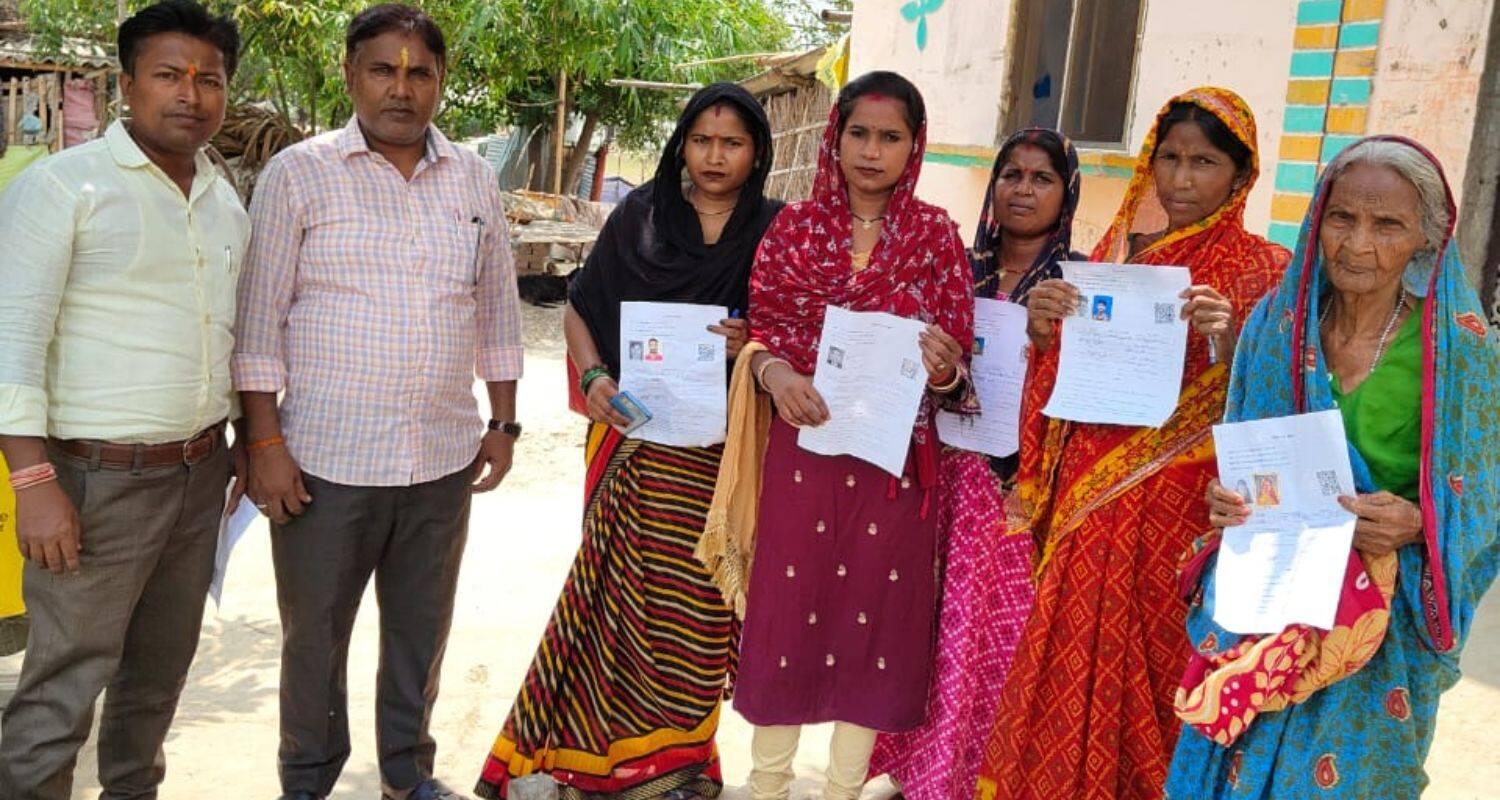Senior Congress leader Abhishek Manu Singhvi on Saturday raised five significant objections to the Special Intensive Revision (SIR) of the electoral rolls currently underway in Bihar, describing the Election Commission’s move as legally and constitutionally questionable.
Singhvi, speaking for the INDIA bloc during arguments in the Supreme Court, told a press conference that the Election Commission (EC) has announced it will not modify the names of voters who have been on the rolls since before 2003.
However, those added after 2003 will now be categorised as ‘suspect voters’.
“People will be required to prove their citizenship, failing which their names will be deleted, even if they have been on the voter list for years,” Singhvi said, calling this the first major objection. “The onus of proving citizenship lies with the people, not the Election Commission,” he added.
Singhvi’s second concern focused on the classification of post-2003 voters into three categories, each demanding different sets of documents.
According to him, voters must either produce their own birth certificate, provide either their own or a parent’s birth certificate, or submit both their own and their parents’ birth certificates.
“If a person fails to meet these criteria, they will be struck off the rolls,” Singhvi warned.
As his third point, Singhvi argued that the entire revision exercise is being carried out by means of an administrative order and without any legislative change. He said the EC is exceeding its authority by scrutinising citizenship, a power it does not hold under current law.
Singhvi’s fourth objection drew on a previous Supreme Court judgment, which, he said, clearly differentiates between new applicants for voter registration and long-standing voters whose names are already on the rolls. “The Court ruled that names already on the list cannot be removed without due judicial process. Yet, in Bihar, the EC is bypassing this safeguard through an administrative order — and that too in a hurried manner,” he said.
Lastly, Singhvi raised concerns about the enormous number of voters potentially affected. “Nearly 5 crore voters have been marked as ‘suspect’. If even 2 crore of them are barred from voting out of Bihar’s 8 crore-strong electorate, how can that be a free and fair election?” he asked.
Singhvi warned that the process strikes at the core of India’s democratic framework. “A level playing field is the bedrock of free elections. This exercise is not only dangerous but bizarre. It threatens the basic structure of our Constitution,” he said.


